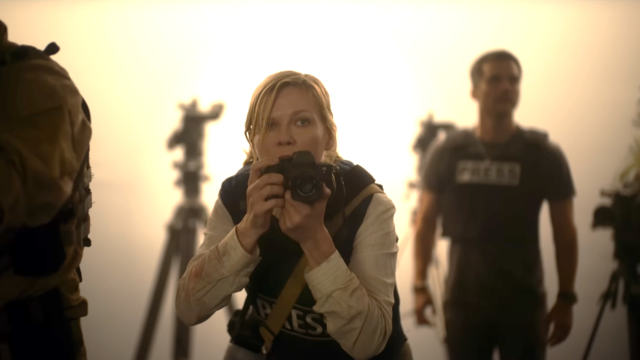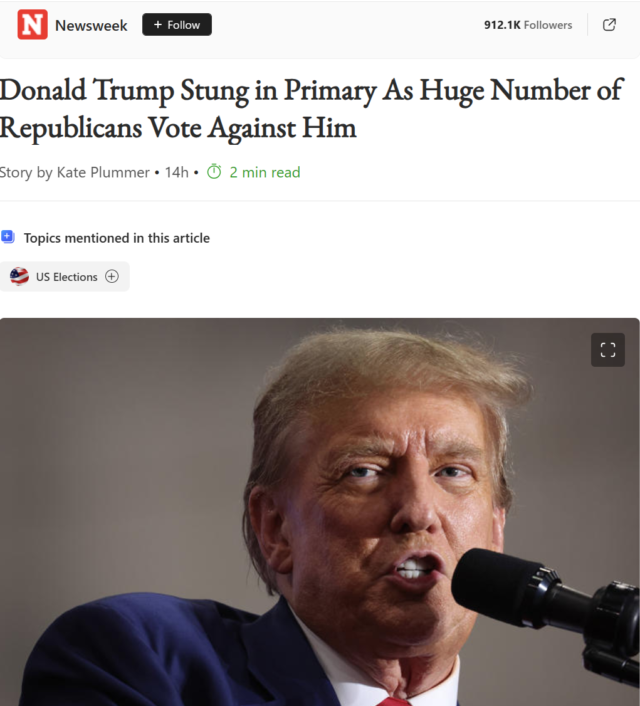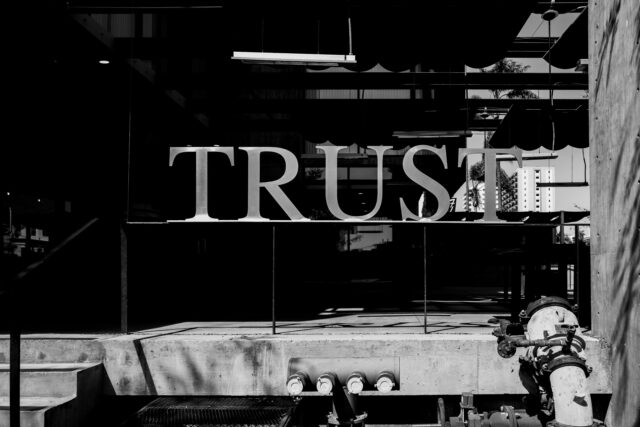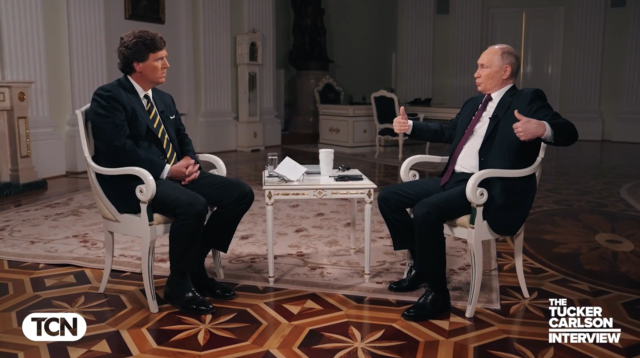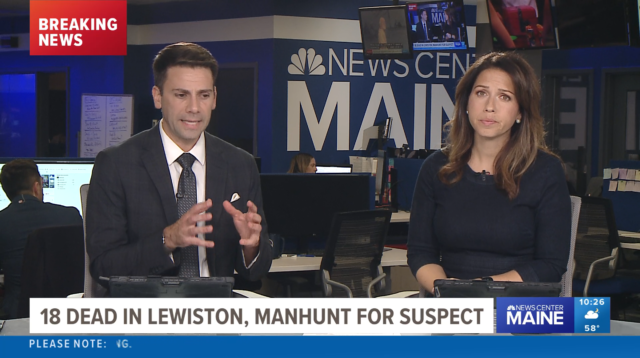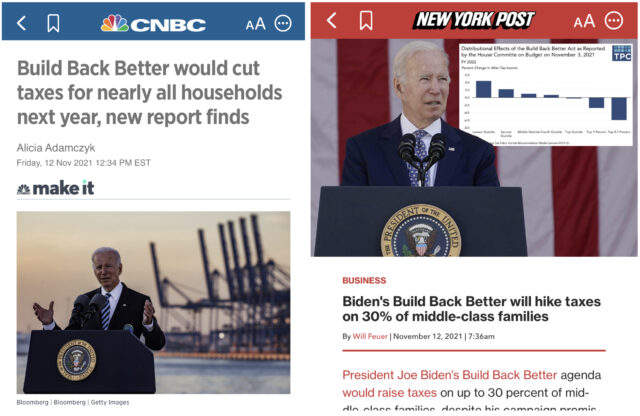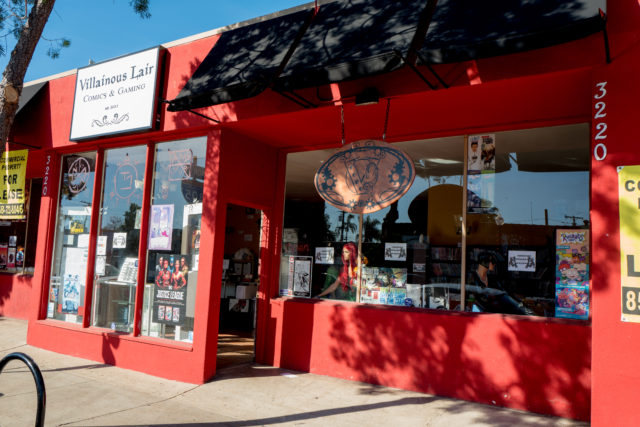In June 2009 missive “Iran and the Internet Democracy“, I explained how then-recent contextual cloud services used with cell phones had begun, in just three years, to dramatically empower anyone and everyone to self-broadcast/report in ways that not long earlier was the monopoly of media professionals. I have repeatedly revisited this concept since, particularly as more tools became available, mobile broadband expanded reach while becoming less costly, and consumer behavior adapted to the opportunities presented. Most recently, in April 2017: “Praise Be Citizen Journalists“.
Today, the memorial service for my mom, who died August 5th, took place in Burlington, Vt. The church broadcast the farewell live online, via Ustream, which was founded in 2007. But had the family chosen to instead hold a more intimate gathering, anyone with a smartphone could have shared the send-off via a number of services, such as Facebook Live, Periscope, YouTube, or, yes, Ustream, among others. FB opened to the public in September 2006; Live, to everyone, in April 2016. Periscope: March 2015. YouTube is the grandpa service, officially opening in November 2005 but live streaming for the masses debuted only about four months ago.
The power is in your pocket to broadcast to anyone, anywhere, at anytime. Just ask all those crazy Instagrammers and SnapChatters. They know.
